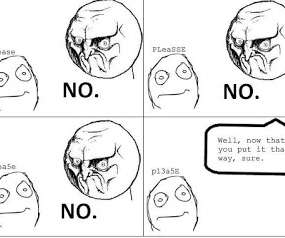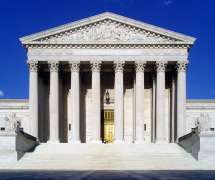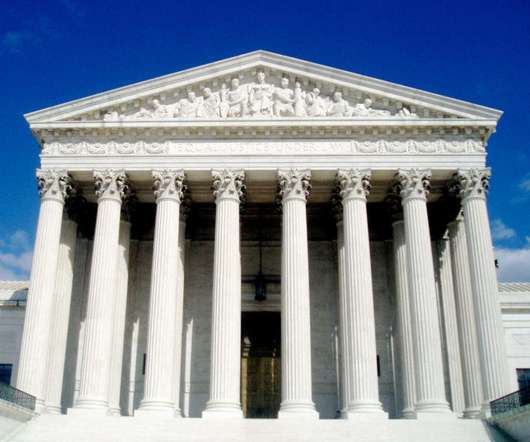Word of the Month for August 2019: Stare Decisis
Legal Research is Easy
AUGUST 5, 2019
The 1st Amendment reads: Congress shall make no law respecting an establishment of religion, or prohibiting the free exercise thereof; or abridging the freedom of speech, or of the press; or the right of the people peaceably to assemble, and to petition the Government for a redress of grievances.














Let's personalize your content